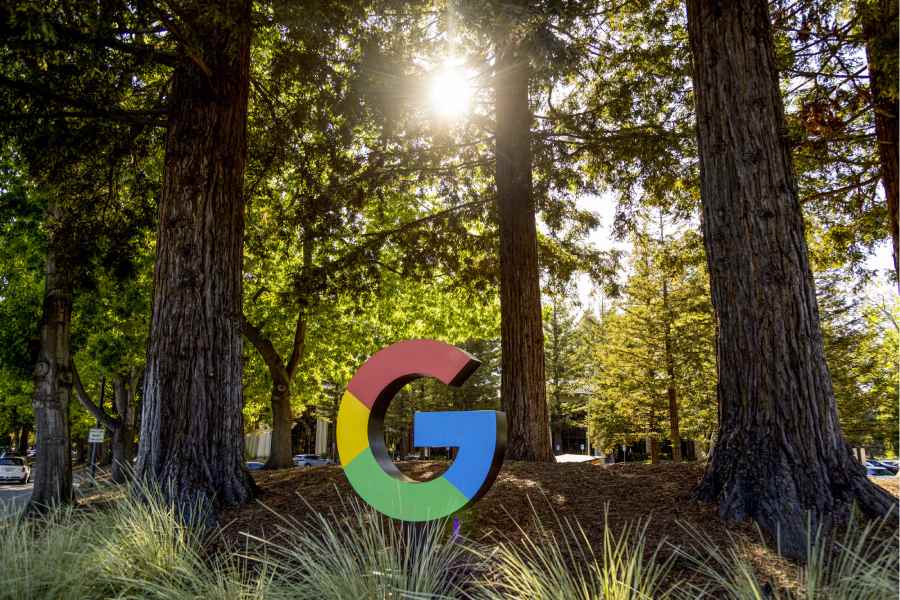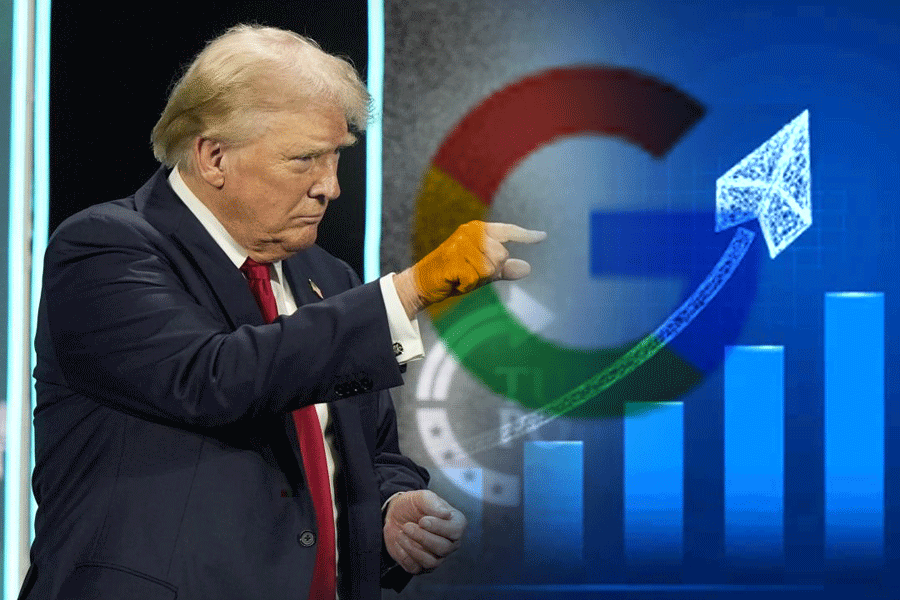Google acted illegally to maintain a monopoly in online search, a federal judge ruled Monday, a decision that strikes at the power of Big Tech companies and that may fundamentally alter the way they do business.
Judge Amit P. Mehta of U.S. District Court for the District of Columbia said Google had abused a monopoly over the search business. The Justice Department and states had sued Google, accusing it of illegally cementing its dominance, in part, by paying other companies, such as Apple and Samsung, billions of dollars a year to have Google automatically handle search queries on their smartphones and web browsers.
“Google is a monopolist, and it has acted as one to maintain its monopoly,” Mehta said in his ruling.
The ruling is the most significant victory to date for U.S. regulators who are trying to rein in the power of tech giants in the internet era. It is likely to influence other government antitrust lawsuits against Google, Apple, Amazon and Meta, the owner of Facebook, Instagram and WhatsApp.
The ruling did not include remedies for Google’s behavior. Mehta will now decide that, potentially forcing the company to change the way it runs or to sell off part of its business.
The ruling capped a yearslong case — U.S. et al. v. Google — that resulted in a 10-week trial last year. The Justice Department and states sued in 2020 over Google’s dominance in online search, which generates billions in profits annually. The Justice Department said Google’s search engine conducted nearly 90% of web searches, a number the company disputed.
The company spends billions of dollars annually to be the automatic search engine on browsers like Apple’s Safari and Mozilla’s Firefox. Google paid Apple about $18 billion for being the default in 2021, The New York Times reported.
During the trial, Microsoft CEO Satya Nadella testified that he was concerned that his competitor’s dominance had created a “Google web” and that its relationship with Apple was “oligopolistic.” If Google continued undeterred, it was likely to become dominant in the race to develop artificial intelligence, he said.
Google CEO Sundar Pichai countered in his testimony that Google created a better service for consumers.
Users choose to search on Google because they find it useful, and the company has continued to invest to make it better, the company’s lawyers said.
“Google is winning because it’s better,” John Schmidtlein, Google’s lead courtroom lawyer, said during closing arguments, which were held months later, in May.
The government argued that by paying billions of dollars to be the automatic search engine on consumer devices, Google had denied its competitors the opportunity to build the scale required to compete with its search engine. Instead, Google collected more data about consumers that it used to make its search engine better and more dominant.
The government also accused Google of protecting a monopoly over the ads that run inside search results. Government lawyers said Google had raised the price of ads beyond the rates that should exist in a free market, which they argued was a sign of the company’s power. Search ads provide billions of dollars in annual revenue for Google.
During closing arguments, Mehta grilled the lawyers about factual statements and asked them to explain how their cases squared with legal precedent.
“The importance and significance of this case is not lost on me, not only for Google but for the public,” he said.
The New York Times News Service












